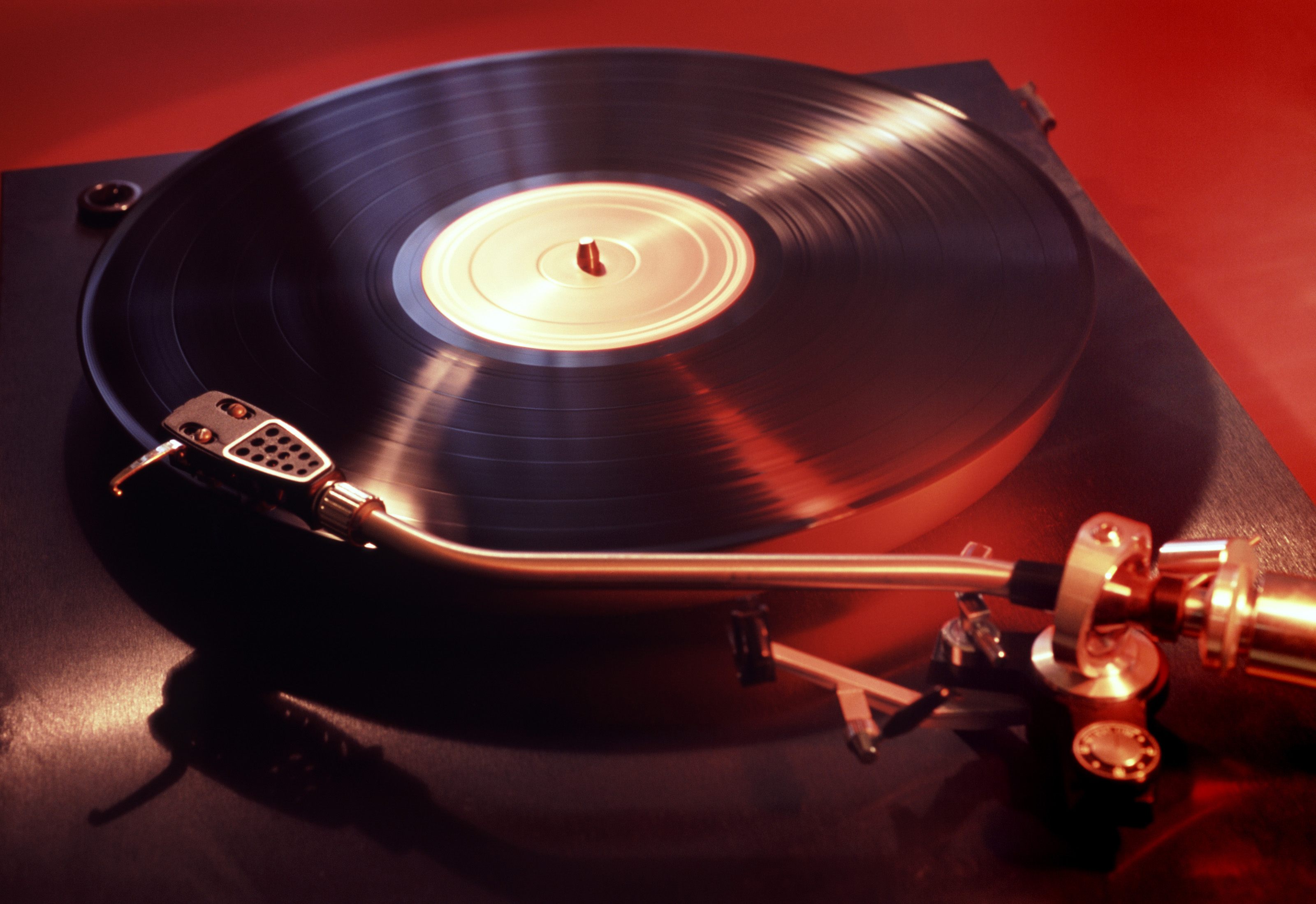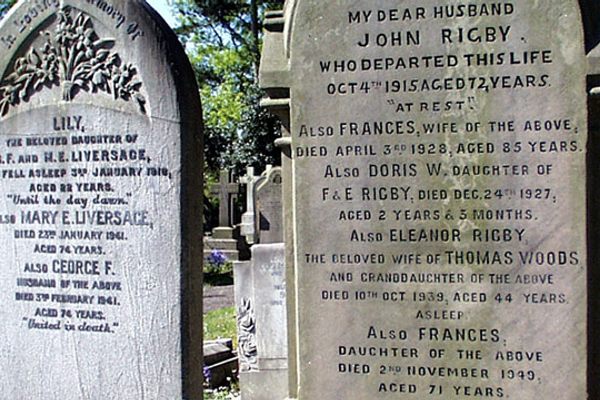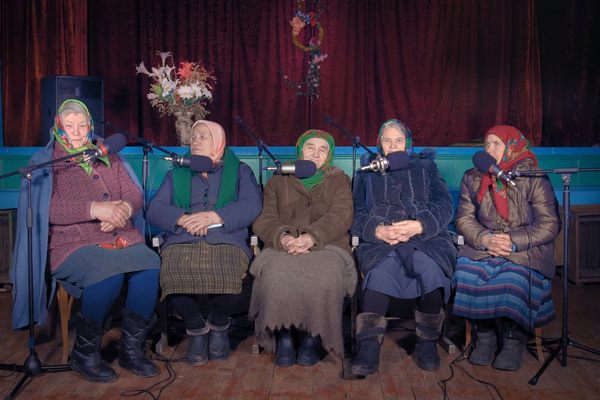The Secret Chord That Makes Pop Music Sound Happy
The musical formula for good vibrations.

With all due respect to the Neptunes, Max Martin, and Jack Antonoff, there’s really no such thing as a pop music machine. But there might be a secret formula for happy pop songs. A recent journal article in the Royal Society Open Science compares the emotional resonance of lyrics with their corresponding musical elements across nearly 90,000 pop songs. Cheery language, the researchers say, might include “baby,” “sweet,” or “good.” Unsurprisingly, “pain,” “fight,” “die,” and “lost” fall into the opposite camp. They found a very strong correlation between those happy lyrics and a single, particular type of chord: the humble seventh.
Seventh chords are among the first you learn when you’re new to the piano. They’re simple, melodious, and hard to mess up. And they’re all over pop music: David Bowie’s Young Americans, Marvin Gaye’s What’s Goin’ On, Good Vibrations by The Beach Boys, and countless others. Researchers downloaded songs—including all three above—from Ultimate Guitar, a community-based website where users upload transcriptions of music. Next, they downloaded crowdsourced data from labMT and used it to analyze the “emotional valence” of the lyrics. Some of their results were, to anyone with even a passing knowledge of music, fairly self-explanatory. Major chords match positive words, negative ones go with minor chords. More unexpected, however, was the emergence of seventh chords (which come in both varieties), which have four different notes rather than the usual three, and their surprisingly robust association with positive words. And this seems to transcend whether they are major or minor.
Also from the not-so-surprising file: The study, and its reduction of music and emotion to data points, has garnered a mixed response. At least one musicologist claims that it bears no real resemblance to how chords and notes work. “We should beware the lazy assumption that words carry the true meaning of a song and music and the rest are just feelings, to be applied like cake decorations,” wrote Alan Marsden on The Conversation. “Music has its own elements and structures, and speaks in many ways.” But, in a sense, this seems to be precisely what the study is suggesting—that chord progressions can work like adjectives or nouns in a way that creates the same kind of emotional resonance in our brains. Perhaps the lyrics of A Hard Day’s Night are unimportant—if that minor seventh so clearly communicates how we’re supposed to feel.




















Follow us on Twitter to get the latest on the world's hidden wonders.
Like us on Facebook to get the latest on the world's hidden wonders.
Follow us on Twitter Like us on Facebook